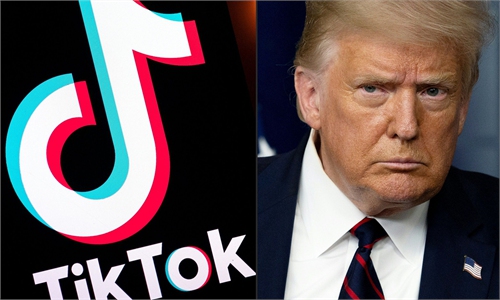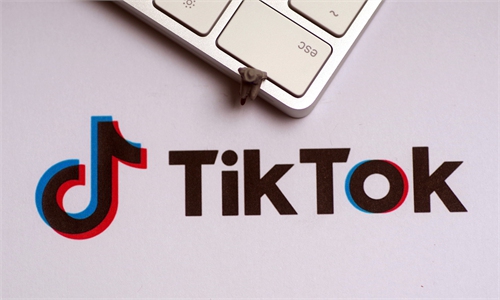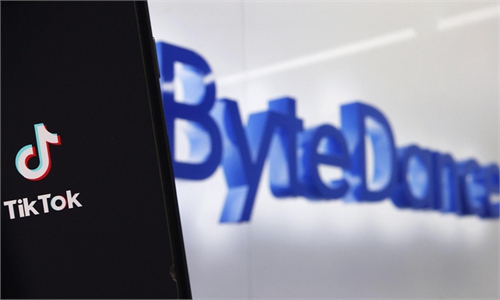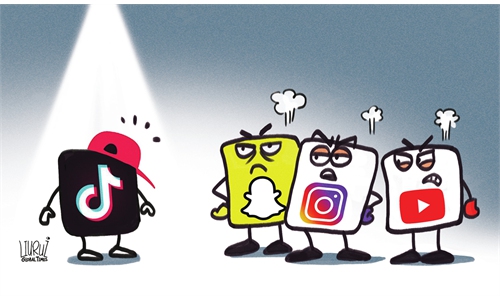Microsoft is rolling out an intelligent chatbot to live alongside Bing’s search results, putting AI that can summarise web pages, synthesise disparate sources, even compose emails and translate them into more consumers’ hands. — Reuters
REDMOND: Microsoft Corp is revamping its Bing search engine and Edge Web browser with artificial intelligence (AI), the company says, signalling its ambition to retake the lead in consumer technology markets where it has fallen behind.
The maker of the Windows operating system is staking its future on AI through billions of dollars of investment as it directly challenges Alphabet Inc’s Google, which for years has outpaced Microsoft in search and browser technology.
Now, Microsoft is rolling out an intelligent chatbot to live alongside Bing’s search results, putting AI that can summarise web pages, synthesise disparate sources, even compose emails and translate them into more consumers’ hands.
Microsoft expects every percentage point of share it gains will bring in another US$2bil (RM8.6bil) in search advertising revenue.
Working with the startup OpenAI, Microsoft is aiming to leapfrog its Silicon Valley rival and potentially claim vast returns from tools that generally speed up content creation by automating tasks, if not jobs themselves.
That would affect products for businesses, such as the cloud computing and collaboration tools Microsoft sells, as well as the consumer Internet.
“This technology is going to reshape pretty much every software category,” Microsoft chief executive Satya Nadella told reporters in a briefing at the company’s headquarters in Redmond, Washington.
The company’s share of search so far is about an estimated 10th of the market. Still, many investors see new technology as a win for all players. Microsoft’s stock closed 4.2% higher on Tuesday, while Alphabet gained 4.6%.
The power of so-called “generative AI” that can create virtually any text or image dawned on the public last year with the release of ChatGPT, the chatbot sensation from OpenAI.
Its human-like responses to any prompt have given people new ways to think about the possibilities of marketing, writing term papers, disseminating news or querying information online.
Microsoft’s new Bing search engine is live in limited preview on desktop computers and will be available for mobile devices in the coming weeks.
The company hopes user feedback will improve its AI, which Microsoft officials said may still produce factually inaccurate information known as hallucinations. Meanwhile, it has worked to prevent the misuse of its technology.
Underpinning the new Bing is what Microsoft is calling the Prometheus model - OpenAI’s most powerful technology, informed as needed by real-time web data from Bing.
That means Bing’s chatbot can brief consumers on current events, a step beyond ChatGPT’s answers that are currently limited to data as of 2021.
Jordi Ribas, Microsoft’s corporate vice president for search and AI, told Reuters the tech advances his team witnessed last summer emboldened the company to move ahead with an AI-infused Bing.
Microsoft’s chief financial officer also said OpenAI’s “new, next-generation” technology is powering its search engine, though officials declined to specify if this entailed the startup’s highly anticipated upgrade known as GPT-4.
Microsoft is aiming to market OpenAI’s technology, including ChatGPT, to its cloud customers and add the same power to its entire suite of products, not just search.
In the near term, Gartner analyst Jason Wong said Microsoft’s “partnership with OpenAI is more relevant for its business customers.
It could offer “disruptive opportunities” in consumer businesses as well.
“Except for gaming, Microsoft has not been a leader in key consumer technologies, such as search, mobile and social media,” he added.
Google has nonetheless taken note of Microsoft’s challenge.
On Monday, it unveiled a chatbot of its own called Bard, and it is planning to release its own AI in search that can synthesise material when no simple answer exists online.
Microsoft’s decision to update its Edge browser will likewise intensify competition – with Google’s Chrome competitor.
However, the Redmond-based company expects to roll out the updated Bing to other browsers eventually. — Reuters














